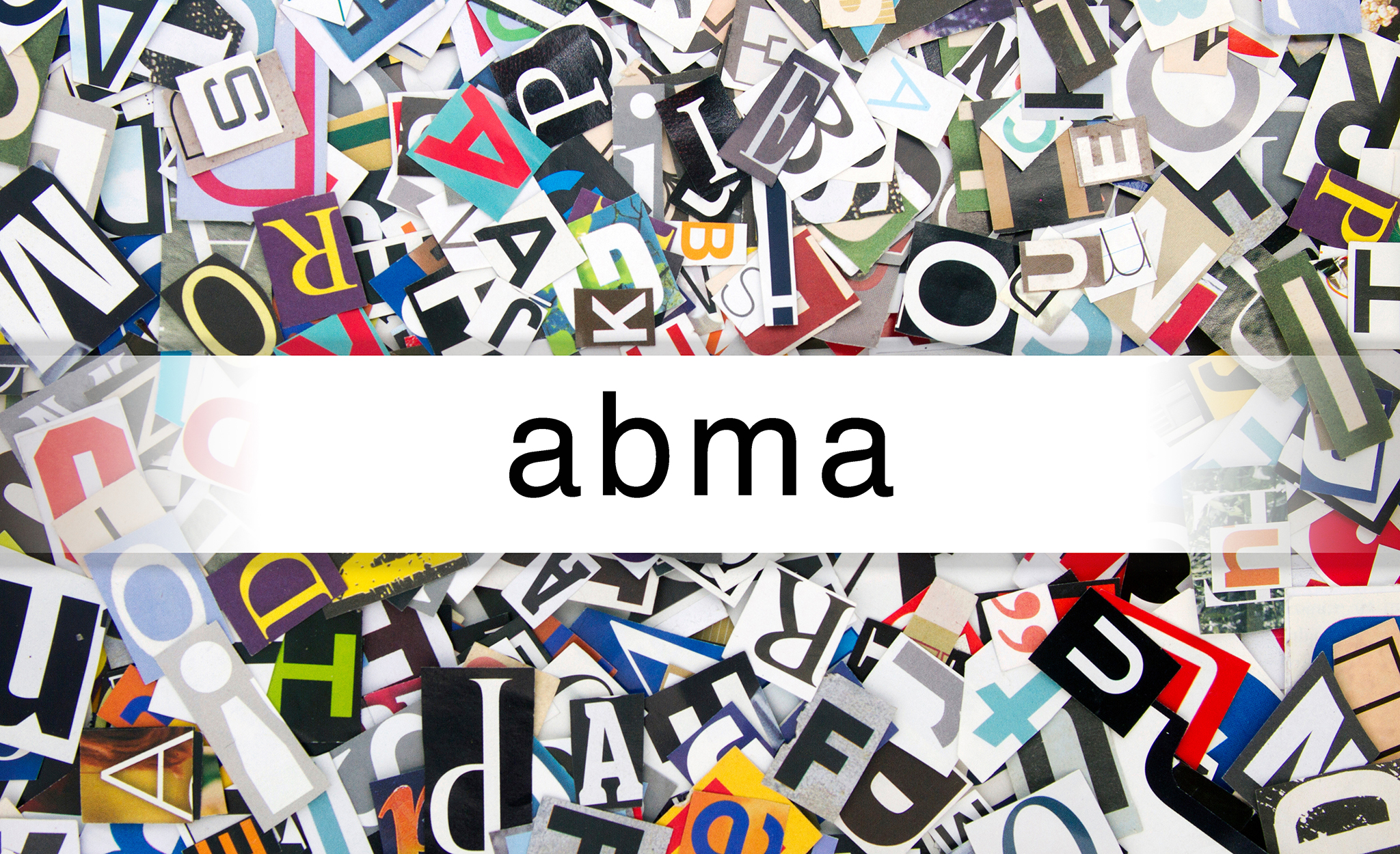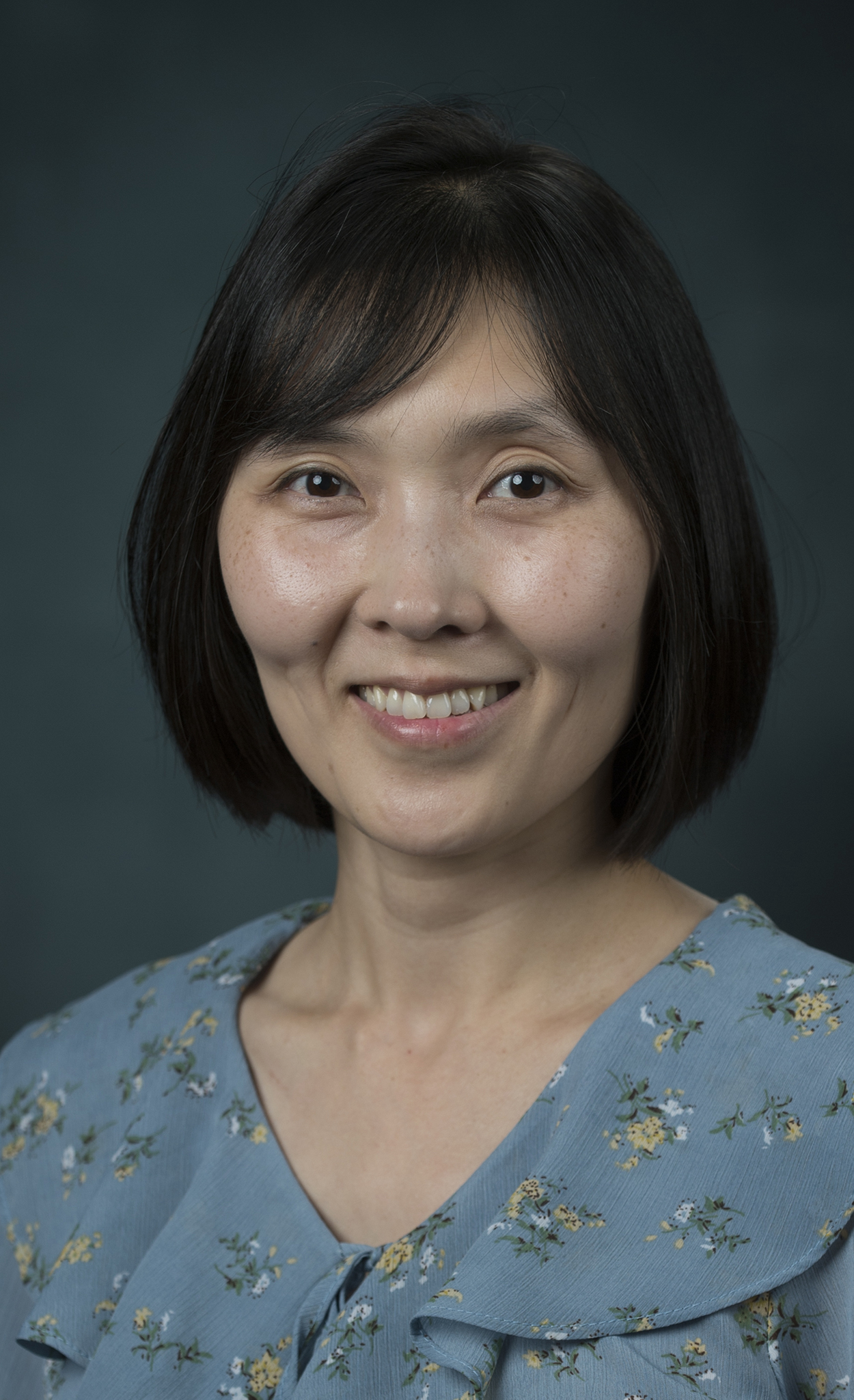National Science Foundation-funded project to include native English and Korean speakers

Researchers led by UM professor Jimin Kahng will present nonce, or made-up, words to participants, who will decide if they are possible words in their language. An example is ‘abma.’ Click on the image to hear this nonce word.
DECEMBER 14, 2022 BY ERIN GARRETT
What makes a word a word? A professor at the University of Mississippi is seeking to understand more about how language works in the human mind.
The National Science Foundation awarded Jimin Kahng, assistant professor of applied linguistics, and her team a $445,000 grant for the study, “Deconstructing Wordlikeness Judgments.” The project aims to analyze the variety of factors that determine wordlikeness judgments, the process by which individuals determine whether a word could be accepted in their native tongue.
For example, some sound patterns are not possible in certain languages.
“A word in English could have a ‘b’ followed by an ‘m,’ but that would be impossible in Korean,” Kahng said. “People have very good intuition to what possible sound sequences are. We are hoping to investigate the underlying mechanisms that play into this.”
A key objective of the study is to better understand the grammatical system that underlies wordlikeness judgments. These judgments tend to be gradient, she said.
This means a word could be determined to be 20% possible, as opposed to simply possible or impossible. Many linguists have interpreted these responses to reflect the nature of the underlying grammar.
“This may or may not be correct, because the gradient judgments may instead reflect the experimental setting such as perception, presentation methods and response modalities,” Kahng said. “Therefore, we are going to separate different influencing factors and examine whether simple categorical grammar can explain the data as well as – or better than – gradient grammar.”

Jimin Kahng
As part of the three-year study, Kahng and her team will focus on two languages with vastly different sound patterns: English and Korean.
The researchers will conduct multiple experiments by presenting nonce, or made-up, words to participants, who will decide if they are possible words in their language. The experiments could ask them to either listen to nonce words or read them to test the effect of stimuli presentation on the judgments.
One of Kahng’s collaborators is Karthik Durvasula, associate professor of linguistics at Michigan State University. He said that the project stands out because of its simplicity.
“The world is getting to be a computationally heavy and savvy place,” Durvasula said. “We are using simple models, however, in our study.
“Our objective is not what’s the best complex statistical model we can do, but how actual human beings do it – we are testing against human performance itself. That’s our fundamental objective.”
Kahng predicts that the study has potential to provide insight for second-language teaching and learning, besides its theoretical implications.
“Our findings could show how having different language backgrounds with different grammar influences your speech perception,” she said.
“If we know how our language learners typically process sounds, we can understand the source of difficulties in second-language speech perception and potentially help learners by drawing their attention to the way that the target language speakers process those sounds.”
Ultimately, the research team plans to produce an online database of their results in an easy-to-use application. Kahng hopes that the database will be widely used by future researchers.
Daniel O’Sullivan, chair of the Department of Modern Languages and professor of French, called Kahng a “rising star in her field.”
“This project represents the best of collaborative research among specialists in linguistics,” O’Sullivan said. “What is particularly exciting about this project is that it will result in an open-access online database and that will help move the field forward. We in modern languages are very proud of her.”
This material is based upon work supported by the National Science Foundation under Grant No. 2213758.